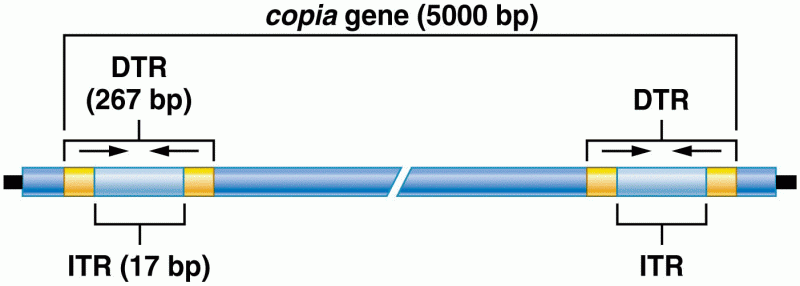|
|
|
Bacteria have been found alive in a lake buried one half mile under ice in Antarctica.
More than 34,000 trademarked medication names and more than 10,000 generic medication names are in use in the United States.
Patients who have been on total parenteral nutrition for more than a few days may need to have foods gradually reintroduced to give the digestive tract time to start working again.
Urine turns bright yellow if larger than normal amounts of certain substances are consumed; one of these substances is asparagus.
A cataract is a clouding of the eyes' natural lens. As we age, some clouding of the lens may occur. The first sign of a cataract is usually blurry vision. Although glasses and other visual aids may at first help a person with cataracts, surgery may become inevitable. Cataract surgery is very successful in restoring vision, and it is the most frequently performed surgery in the United States.






